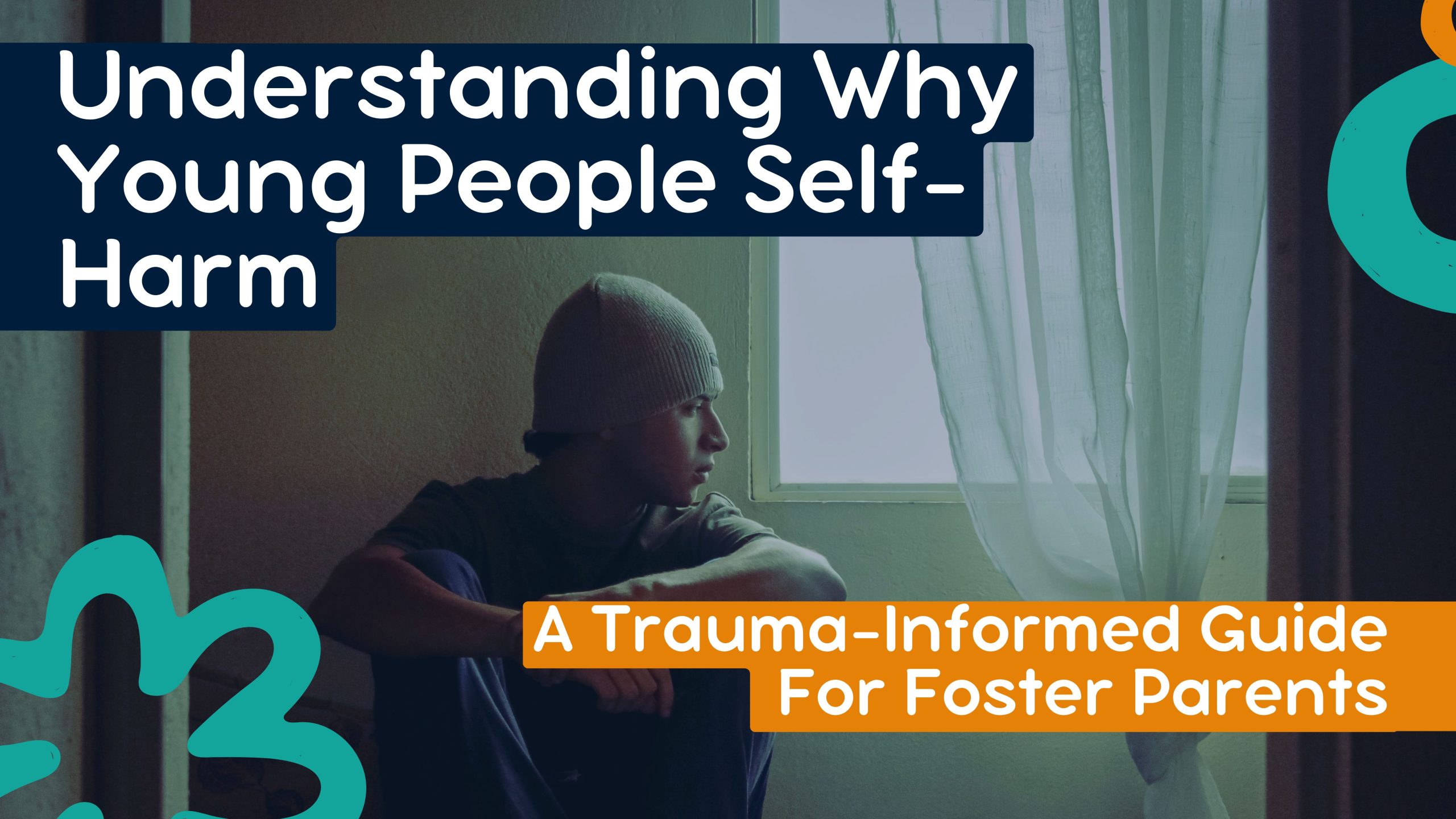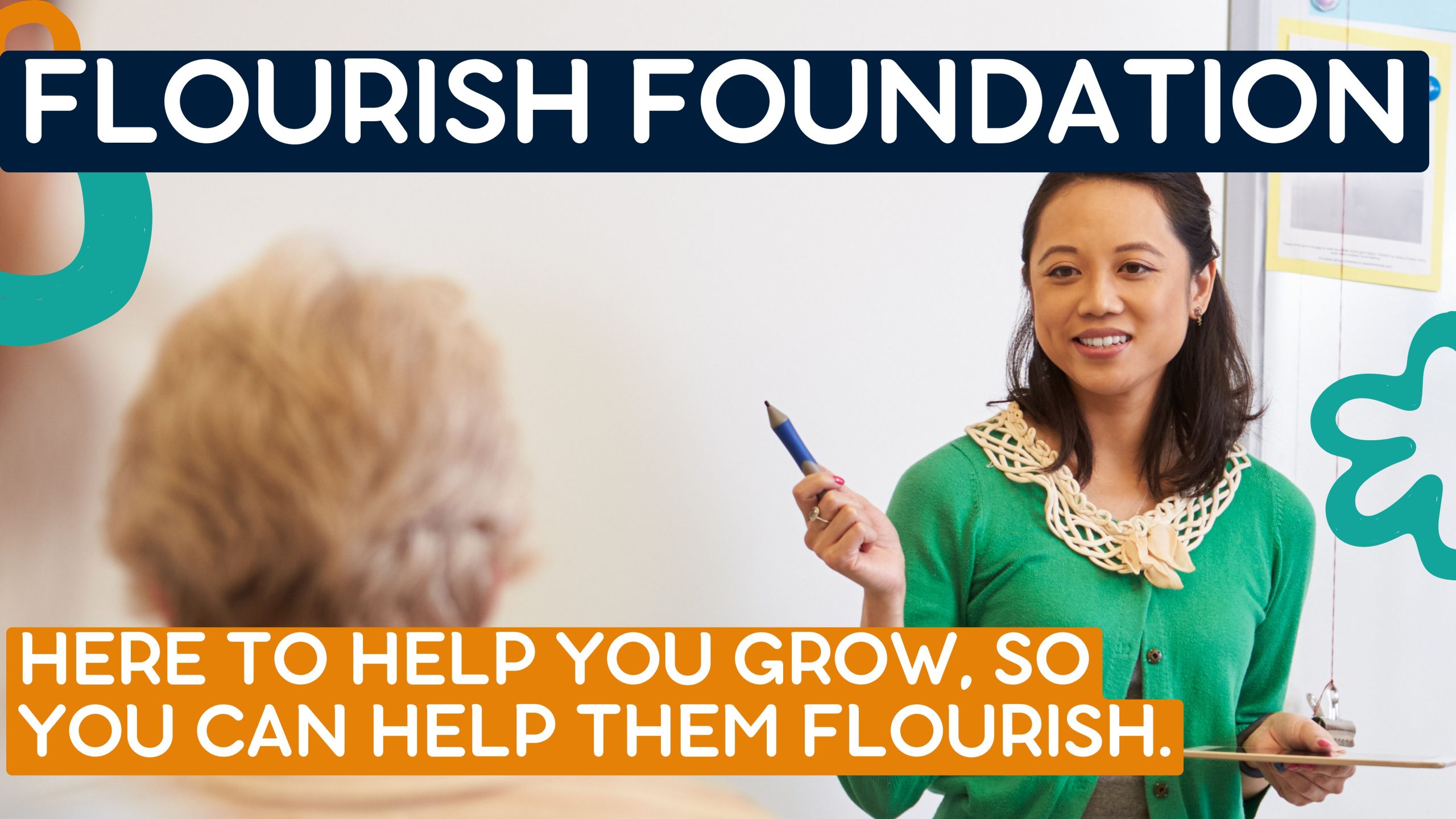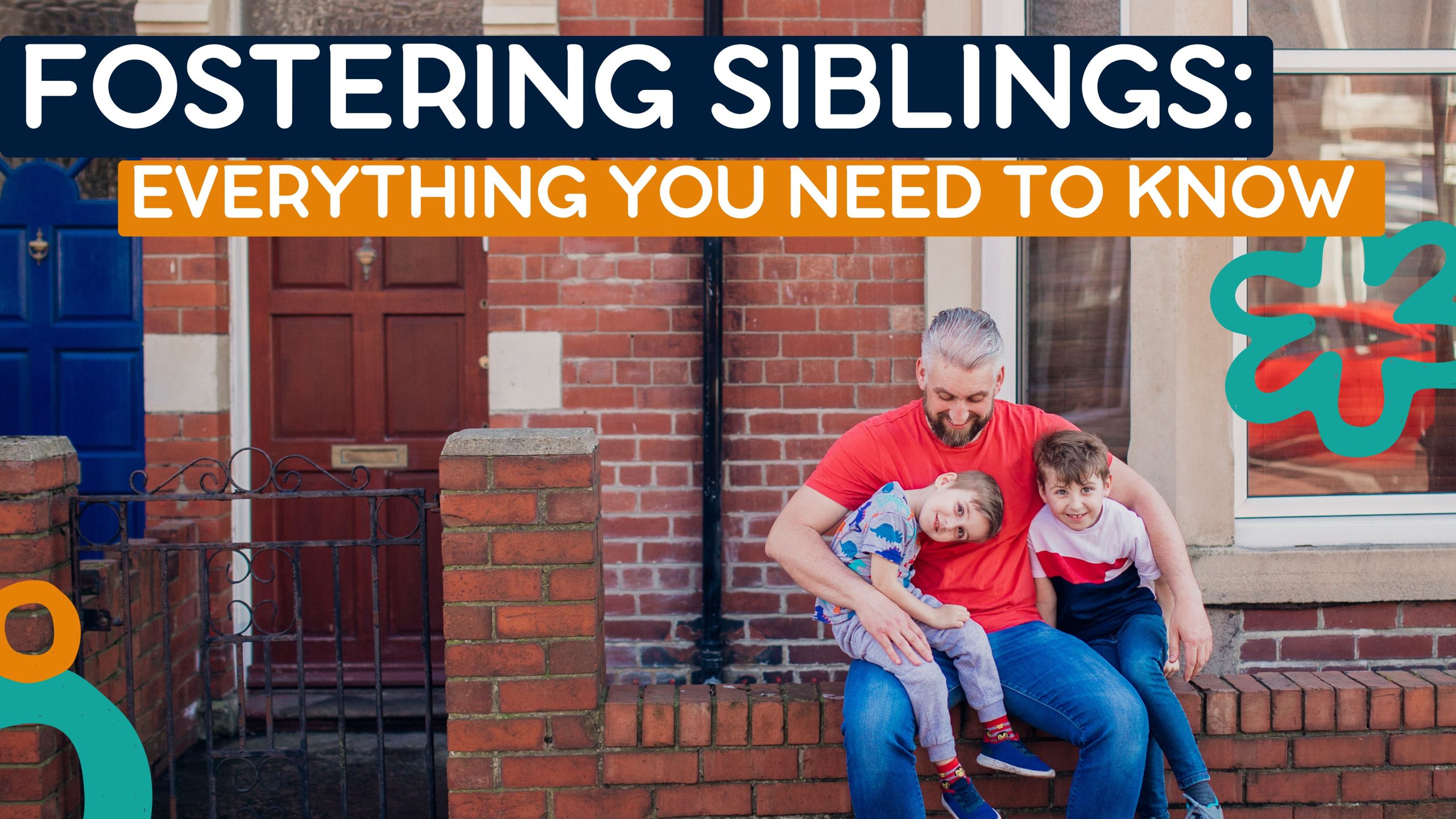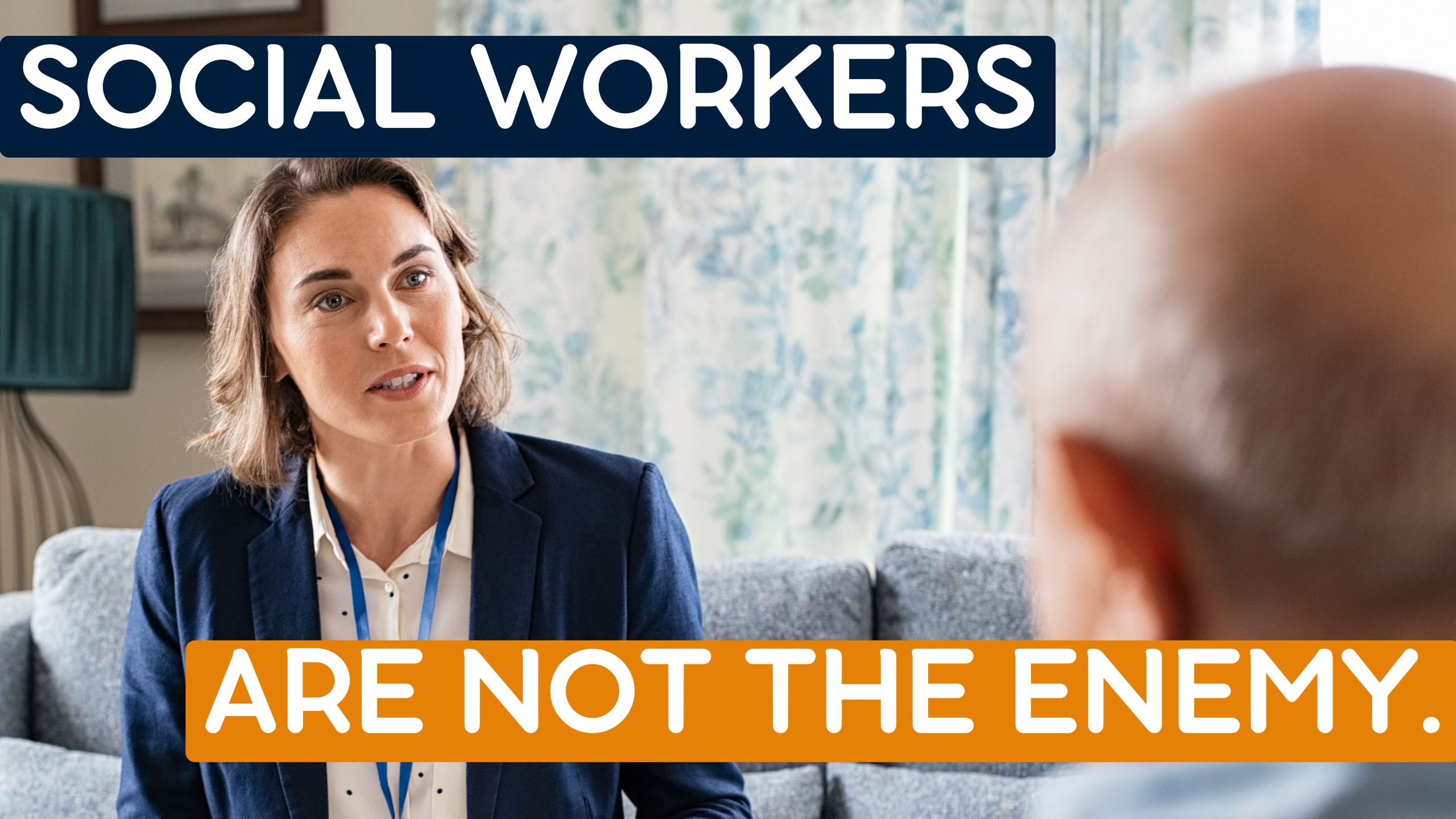Leaving foster care is a big step towards independence. At Flourish Fostering, we guide young people through this transition, providing ongoing support and guidance. We want the young person to be prepared, and their expectations of what happens when they turn 18 are realistic, so the transition goes as smoothly as possible for them. The foster parent, their Supervising Social Worker and our therapy team are all available to support young people with any worries or concerns.
Young people leaving foster care are entitled to a range of resources to help them thrive, from education and training opportunities to housing assistance and financial support. Here’s a closer look at what’s available:
Personal Advisor and Pathway Plan
One key support for people leaving foster care is having a personal advisor. This person works closely with the young people, supporting their transition into adulthood. They help create a pathway plan tailored to the individual and help with things such as housing, education, employment, health, and finances. The personal advisor regularly reviews and updates this plan to reflect any changes in circumstances or aspirations.
“My advisor helped me realise I was going to be best going to university to get a degree, so I can get the job that I want” – Flourish Care Leaver, 20
Education and Employment
For those who wish to continue their education, care leavers may be eligible for financial support such as:
- a Higher Education Bursary if they’re planning to attend university.
- Access training programs, apprenticeships, or other employment pathways to help them build a career.
- Support with job applications, interview preparation, and workplace skills development.
Moving Out
When it comes to finding a place to live, young people leaving care have several options. We support young people leaving care to:
- Talk to their local authority about social housing
- Understand their housing benefit entitlements
- Prepare for managing bills, rent, and responsibilities
Staying Put
The “Staying Put” scheme allows young people to remain with their foster families after turning 18 if both the foster parent and the young person agree. This arrangement continues until the young person is 21 and helps to ease the transition from foster care to independent living.
At Flourish, we continue to support our foster parents who offer staying put placements
Financial Support
Care leavers may receive a Leaving Care Allowance, and support accessing:
- Universal Credit
- Budgeting advice
- Help with bills, rent, and food costs
Our team helps young people understand what they are entitled to and plan for the financial realities of independence.
Health and Wellbeing
Supporting mental and physical health is essential during a young person’s transition into adulthood. Care leavers continue to have access to healthcare services, and their personal advisor can help connect them with mental health resources, such as counselling or therapy, as well as physical health services, such as dentists.
Support Until 25
Young people can continue receiving support until they turn 25. Services can help find a stable job, secure long-term housing, or pursue higher education. Flourish stays connected with the young person long-term.
Our Commitment to Young People Leaving Foster Care
With over 5 years of experience in supporting young people and their foster parents, Flourish Fostering, we’re committed to supporting young people with everything they need to succeed. With options for education, employment, housing, and health care, people leaving foster care with Flourish can confidently step into adulthood.









